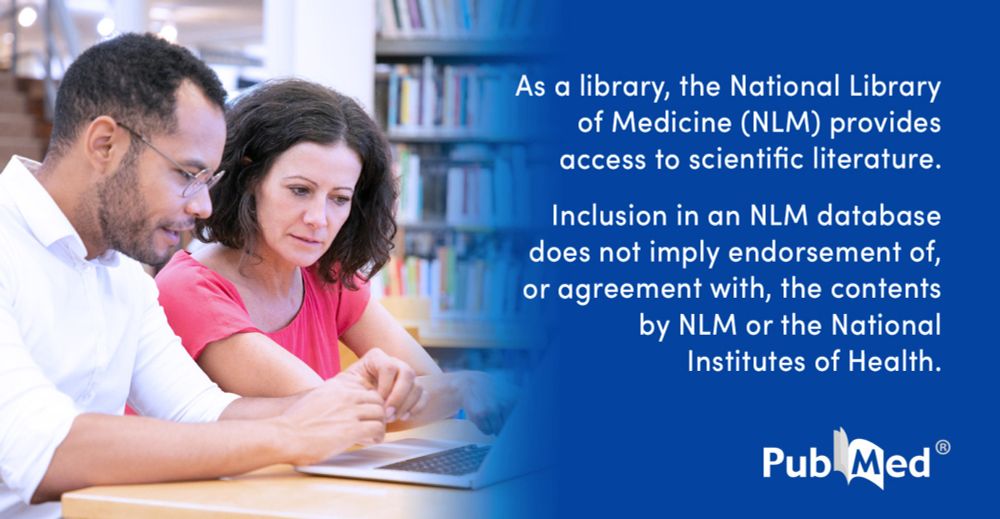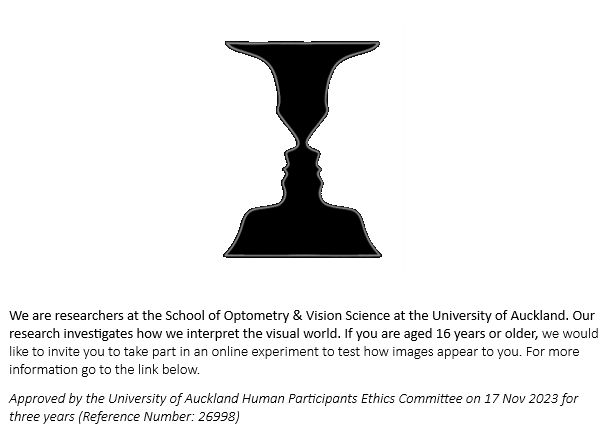
pubmed.ncbi.nlm.nih.gov/39912831/
Some evidence:
osf.io/preprints/ps...
www.researchsquare.com/article/rs-6...
osf.io/preprints/ps...
doi.org/10.1016/j.ne...

suggests we may have overlooked a critical brain region in mental imagery research: the insula:
www.sciencedirect.com/science/arti...
After decades of research focusing on sensory/frontal/parietal regions, the insula may be just as central to imagery.

suggests we may have overlooked a critical brain region in mental imagery research: the insula:
www.sciencedirect.com/science/arti...
After decades of research focusing on sensory/frontal/parietal regions, the insula may be just as central to imagery.
osf.io/preprints/ps...
osf.io/preprints/ps...
New comprehensive model combining attentional and interoceptive views of aphantasia.
Was a pleasure to be part of this with @christianoscholz.bsky.social @jianghaoliu.bsky.social @mmonzel.bsky.social @timokvamme.bsky.social
osf.io/preprints/ps...
New comprehensive model combining attentional and interoceptive views of aphantasia.
Was a pleasure to be part of this with @christianoscholz.bsky.social @jianghaoliu.bsky.social @mmonzel.bsky.social @timokvamme.bsky.social
osf.io/preprints/ps...

Mental rotation is often regarded as paradigmatic for #mentalimagery. But it turns out people often don't use imagery for mental rotation - & when they do it is often not useful (same viewpoint trials). #visionscience #psychscisky
doi.org/10.1016/j.co...
Mental rotation is often regarded as paradigmatic for #mentalimagery. But it turns out people often don't use imagery for mental rotation - & when they do it is often not useful (same viewpoint trials). #visionscience #psychscisky
doi.org/10.1016/j.co...
www.sciencedirect.com/science/arti...

www.sciencedirect.com/science/arti...
Some experts predict the impact of superhuman AI over the next decade in “AI 2027”, a scenario that represents their best guess about what that might look like very soon & it’s implications for all of us:
ai-2027.com

Some experts predict the impact of superhuman AI over the next decade in “AI 2027”, a scenario that represents their best guess about what that might look like very soon & it’s implications for all of us:
ai-2027.com
We found that even without conscious imagery (aphantasia), people still simulate sensorimotor info when processing language. 💭🔤
📄 Full article in this Neuropsychologia special issue (doi.org/10.1016/j.ne...)
📄 Full article in this Neuropsychologia special issue (doi.org/10.1016/j.ne...)
See what we found in @kerblooee.bsky.social's thread

See what we found in @kerblooee.bsky.social's thread
#psychscisky #neuroskyence #visionscience
tstbl.co/820-917

#psychscisky #neuroskyence #visionscience
tstbl.co/820-917
New preprint from @drhannahsavage.bsky.social & @sarahgarf.bsky.social
#interoception #neuroskyence 🧠🫀🫁
osf.io/preprints/ps...
New preprint from @drhannahsavage.bsky.social & @sarahgarf.bsky.social
#interoception #neuroskyence 🧠🫀🫁
osf.io/preprints/ps...
You can take part here: research.sc/participant/...
Contact: nurdilaraozata@hotmail.com

You can take part here: research.sc/participant/...
Contact: nurdilaraozata@hotmail.com
You can take part here: research.sc/participant/...
contact: nurdilaraozata@hotmail.com

You can take part here: research.sc/participant/...
contact: nurdilaraozata@hotmail.com
www.frontiersin.org/journals/psy...

www.frontiersin.org/journals/psy...
pubmed.ncbi.nlm.nih.gov/39912831/
Some evidence:
osf.io/preprints/ps...
www.researchsquare.com/article/rs-6...
osf.io/preprints/ps...

pubmed.ncbi.nlm.nih.gov/39912831/
Some evidence:
osf.io/preprints/ps...
www.researchsquare.com/article/rs-6...
osf.io/preprints/ps...
#aphantasia #MentalHealth #interoception

#aphantasia #MentalHealth #interoception

